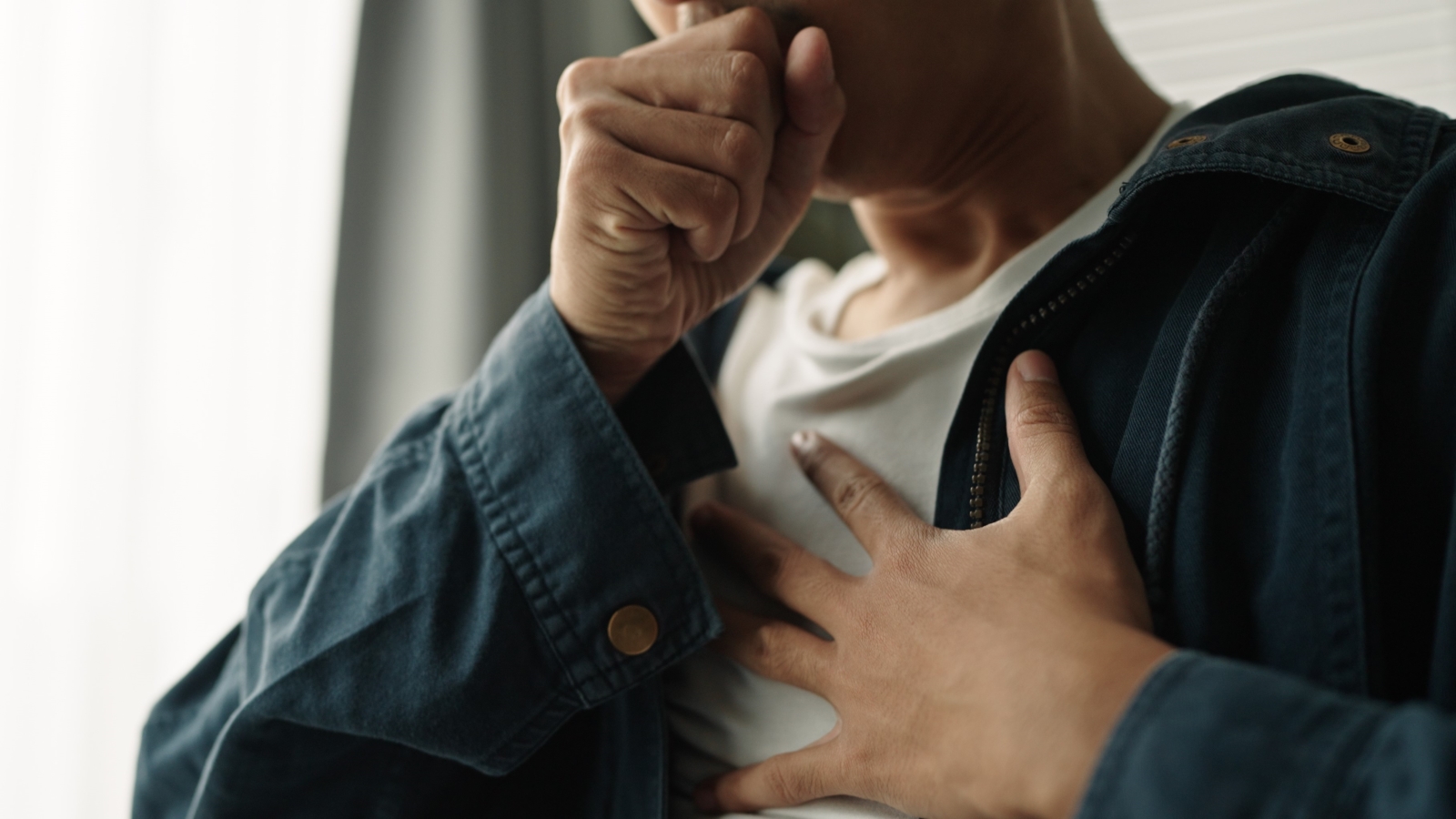<< Back
5 Reasons You Might Want a Lung Cancer Screening

December 04, 2024
When it comes to lung cancer, early detection can be life-saving.
But are you not sure if you should be screened? We turned to Brian Whang, MD, the medical director of the lung screening program at Hartford HealthCare, for answers.
Here are 5 reasons you might want to be screened for lung cancer — and how to schedule your screening today.
5 reasons to have a lung cancer screening
1. You have a smoking history.
The American Cancer Society recommends yearly lung cancer screening with a low-dose CT (LDCT) scan for adults aged 50 to 80 who currently smoke or have a 20-pack-year smoking history.
If you’ve quit, insurance or Medicare generally cover the screening as long as it’s been within the past 15 years.
“This LDCT screening is based on smoking history, which accounts for about 80% of lung cancers,” explains Dr. Whang. “But we know it doesn’t capture everyone who might be at risk.”
> Related: 4 Common Questions About Lung Cancer Screenings
2. You have other risk factors.
Deciding whether you need a lung cancer screening goes beyond just a history of smoking.
“There are other risk models that consider additional factors,” explains Dr. Whang.
These include:
- Race and ethnicity.
- Education level.
- Body mass index.
- History of COPD.
- Personal or family history of cancer.
“Risk models like this will likely shape future eligibility criteria for LDCT lung screenings,” adds Dr. Whang. “In the meantime, talk to your doctor to see if a screening is right for you.”
> Related: 5 Common Causes of Lung Cancer Besides Smoking
3. You’re regularly exposed to chemicals.
Your daily life — or even your job — could also increase your risk for lung cancer.
“These exposures don’t fall under the current eligibility criteria,” says Dr. Whang. “But chemical exposures, and even air pollution, are known to raise the risk of lung cancer.”
If you frequently encounter these chemicals, you should talk to your doctor about your risk:
- Secondhand smoke
- Radon
- Asbestos
- Uranium
- Diesel exhaust
- Inhaled arsenic
- Beryllium or cadmium
- Silica
- Vinyl chloride
- Nickel or chromium compounds
- Coal products
> Related: 6 Myths About Lung Cancer, Debunked by an Expert
4. Lung cancer is the leading cause of cancer-related deaths.
Lung cancer claims more lives than breast, prostate and colon cancers combined.
“This is largely because lung cancer is usually diagnosed in later stages when symptoms appear,” explains Dr. Whang. “At that point, the five-year survival rate is less than 10% if the cancer has spread to distant areas.”
Lung cancer screening can change that.
“If caught early—before it spreads, especially to the lymph nodes—survival rates can reach 90% or better,” says Dr. Whang. “LDCT screening has been successful in reducing lung cancer deaths by shifting toward earlier detection.”
> Related: Will Recreational Marijuana Cause an Increase in Lung Cancer?
5. It only takes 10 minutes.
Catching lung cancer early—before symptoms appear—significantly improves your chances of detecting it while it’s localized and more treatable.
And the process couldn’t be easier.
“The screening test is for people without symptoms or a history of cancer,” explains Dr. Whang. “It’s similar to a regular CT scan but uses about 1/5 the radiation. It’s painless, requires no IV and takes about 10 minutes to complete.”
When to see a doctor.
If you’re concerned about your lung cancer risk—or experiencing symptoms—talk to your doctor.
Your doctor can help determine if you meet the eligibility criteria for screening. Even if you don’t, other risk factors might still qualify you, and programs are available that can help reduce out-of-pocket costs.
“Unfortunately, smoking and lung cancer carry a stigma,” says Dr. Whang. “But everyone deserves care and support—no one deserves cancer. Don’t let self-blame delay you from taking charge of your health.”